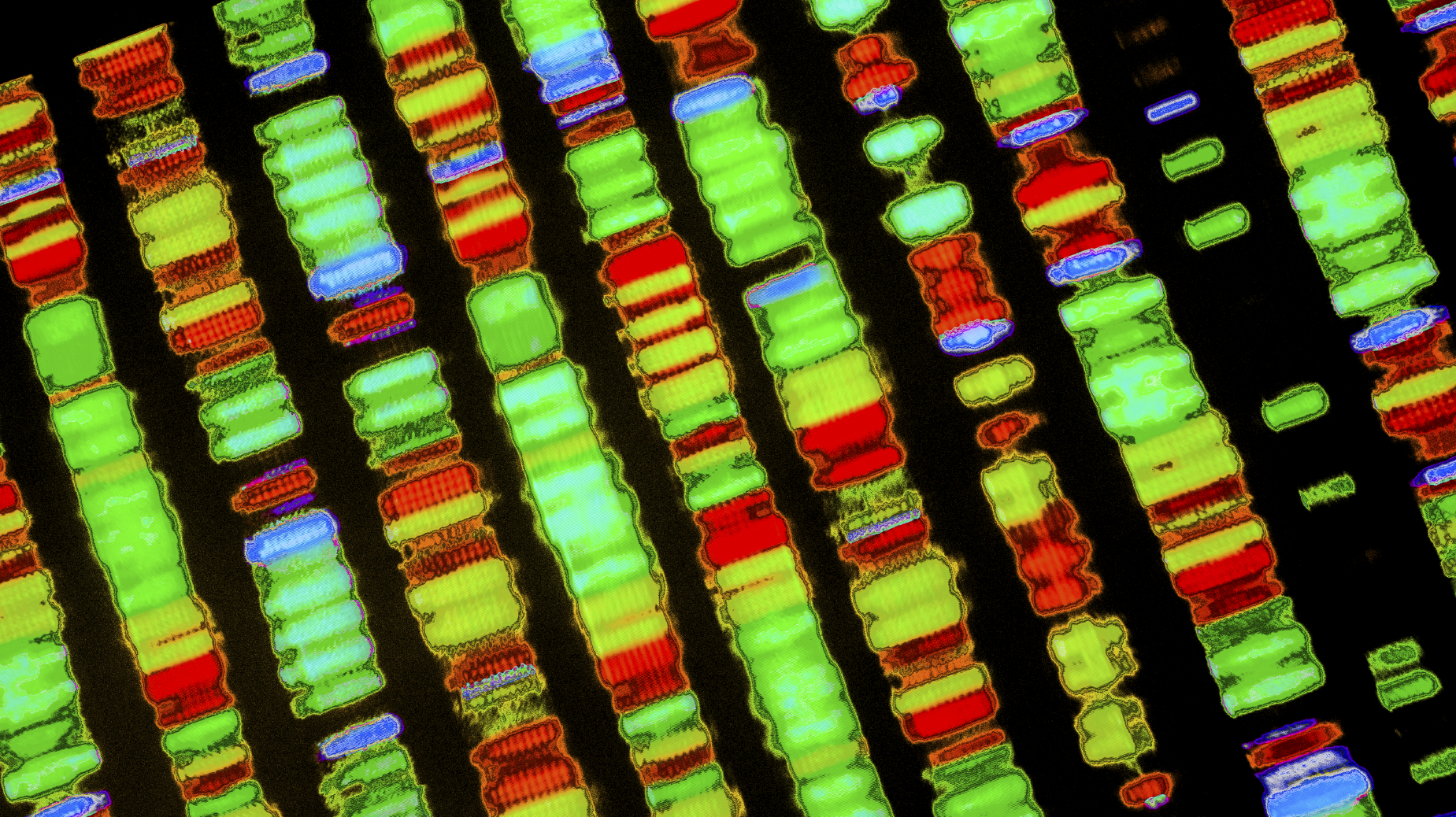Secretive Moderna could finally go public with $500m IPO

RNA medicine specialist Moderna is attempting the biggest IPO in biotech history, after applying to raise $500 million from investors.
Based in Cambridge, Massachusetts, Moderna pledged in a filing late last week to use the money to create a new generation of mRNA-based drugs.
The biotech has already raised more than $2.6 billion through a series of private funding rounds, including $500 billion in a fifth round in February, and $125 million by expanding a cancer vaccine partnership with Merck & Co.
It will not just be the size of the IPO that will be of interest – going public will finally give investors and rivals a chance to find out more about this notoriously secretive biotech.
The company already has a valuation of around $7 billion even though it has no drugs on the market, and its filing was short on detail about how the publicly-raised funds will be used.
However, the company said it will incur more expenses as it continues drug R&D, further clinical trials, manufactures clinical study materials and seeks regulatory approval for medicines.
It will also have to maintain and protect intellectual property and hire additional personnel to support development of its portfolio.
In its prospectus Moderna noted progress it has already made, with 21 drugs under development, 10 in clinical trials and another three poised to enter the clinic.
The company has 680 employees and strategic alliances with big pharma including AstraZeneca, Merck & Co., and Vertex.
Highlights of the pipeline include AZD8601, which is being developed with AstraZeneca for cardiovascular diseases such as heart failure, ischemic vascular diseases and for diabetic wound healing.
In a phase I trial Moderna said the drug produced a dose-dependent increase in the protein VEGF-A and changes in blood flow after intradermal administration.
Moderna’s mRNA-2416, the biotech’s first immunotherapy, has stimulated production of the protein OX40L in tumour tissue. The protein is thought to produce stronger responses against cancer from CD4 and CD8 T-cells.
However a Zika vaccine, mRNA-1325 has not shown a sufficient antibody response and the company is now focusing on a follow-on candidate, mRNA-1893.













